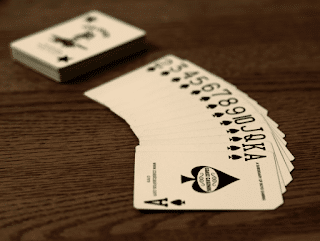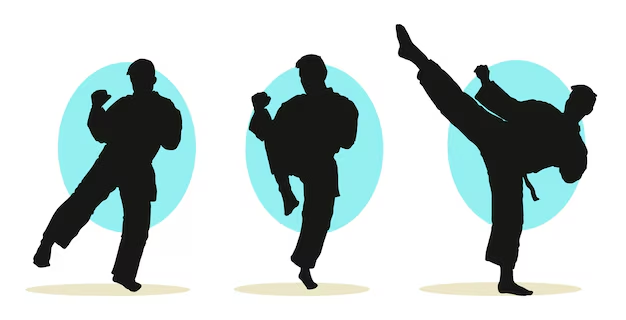
|
| Sometime a spade really is a spade, but more often it is a value judgement pretending to be a fact |
One of the courses I teach, Theory of Knowledge, requires real clarity of thought and clarity of expression. Students have to analyse various situation and get to grips with what they see as central issues raised. Getting ‘to the heart of the matter’ is a valuable skill; it can be confused for ‘straight talking’, which may be a completely different thing. Our students need to know the difference.
Nothing wrong with straight talking of course, but straight talking isn’t always what it appears to be. One particular phrase bothers me; that’s calling a spade a spade. I know that the idiom predates the term spade as an ethnic slur against African Americans – that’s not my objection (that said, the potential confusion there is another reason to avoid the saying). No, my objection is less the PC one, and more along the lines that saying ‘I call a spade a spade’ is a trick designed to win an argument, not understand it better. Let me explain.
It’s hard to object to calling something what it really is. But in precisely those cases where the phrase is wheeled out, there’s clearly a dispute of some sort (why else would you need the phrase?); so calling something a spade is almost by definition an assertion of one version of reality; and one that is open to contest. What do I mean by that? Well, a spade might be an asset to an accountant, a weapon to a policeman, a mass to a physicist, a symbol of oppression to a prisoner doing hard labour, or a symbol of justice to the prisoner’s guard. Or it might even be an insult like ni**er.
If that’s right, then insisting on calling a spade a spade is something of an idiomatic sledgehammer that can knock divergent views and nuance out of both language and thought. It’s slightly oppressive – implying anyone who doesn’t call a thing the simplest, most broadly accepted term is muddled, or even trying to hide something.
I am not saying that words can never be simple and transparent; and if I go into a shop to seek a digging implement I would ask for a spade; but that is because I can be pretty sure that the person I am speaking to in the gardening shop has the same view of the situation as me. Alas, such convergence of views is rare in anything but the most concrete and mundane scenarios, as we well know. And often it is precisely because there are multiple ways to view any situation that to assert a spade is simply a spade is either naive or a power play. It seeks to close down a conversation when it would be more enlightening to keep it open.
Where there are differences, we should be trying to explore them and not using linguistic tricks like this to close arguments. Of course, this particular phrase is one of many – tell it like it is, not to mince my words, 实话实说, a llamar al pan pan, y al vino vino, il faut appeler un chat un chat – and so it’s perhaps just better considered a poor rhetorical device than anything else.
I think this matters. Look no further than world politics; whether Brexit, US elections, Philippine politics, the Spratley Islands dispute, terrorism, immigration, climate change… it not hard to see the dangers of viewing the world through one lens without being aware or acknowledging that other lenses even exist. We need multiple lenses. We need to acknowledge that other lenses can bring value to the conversation. And we need to teach our children to be suspicious of anyone claiming, without good justification, that their version of the facts is simply the right one.


